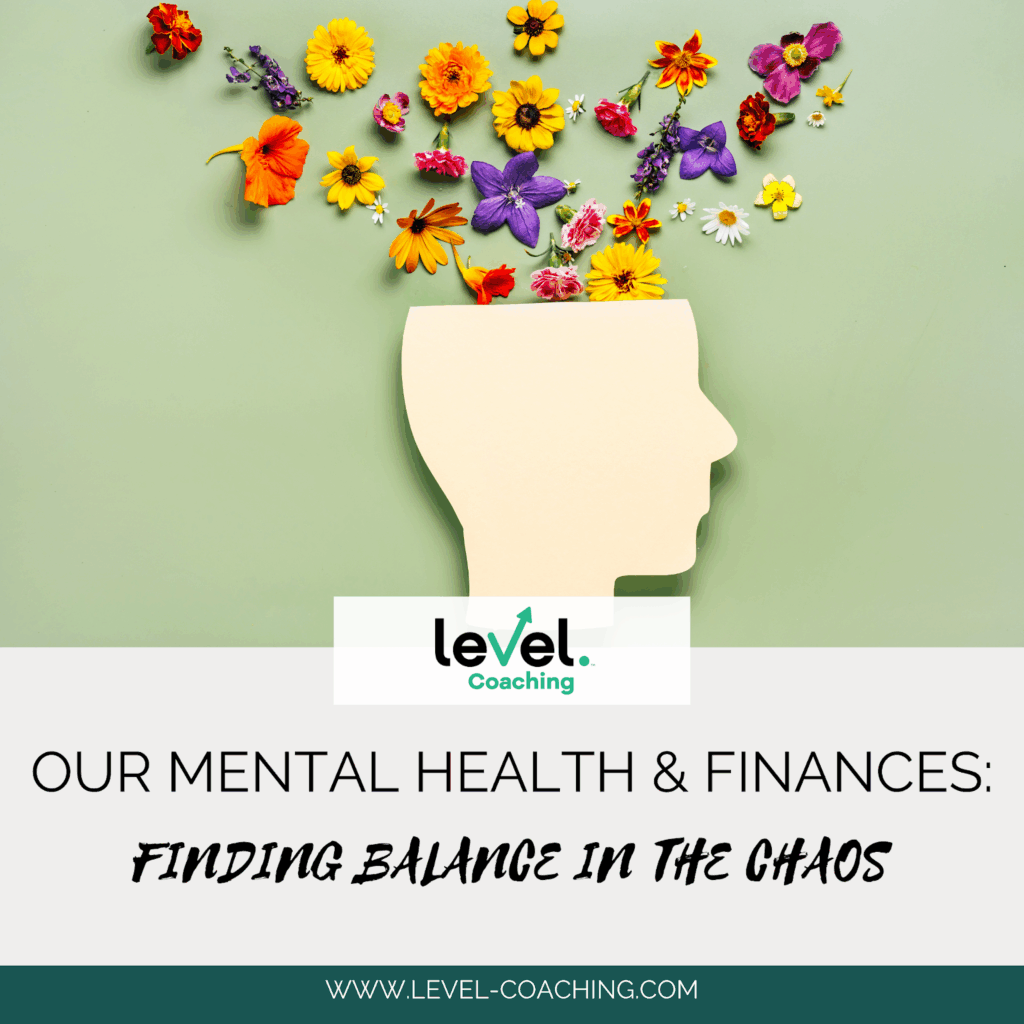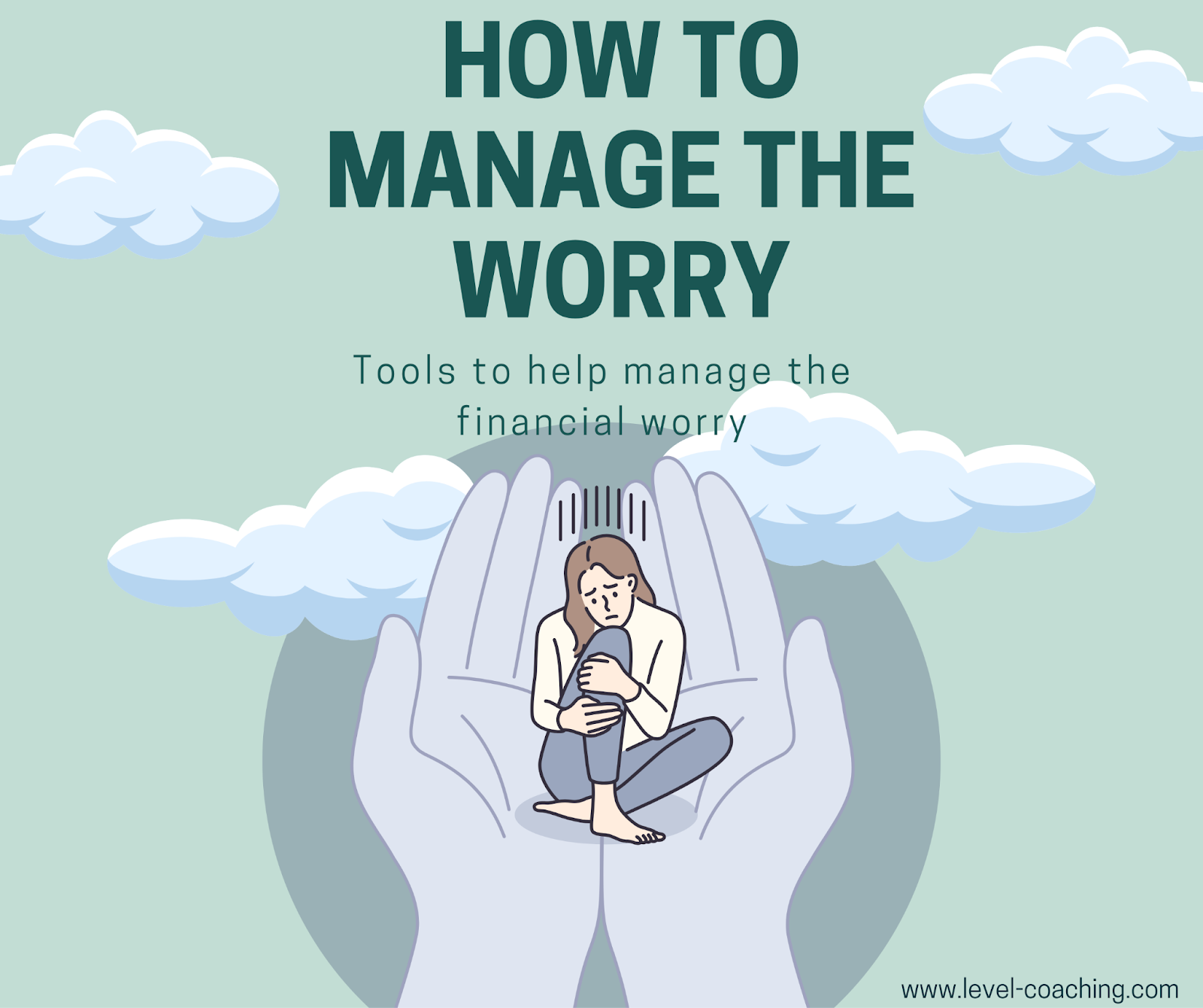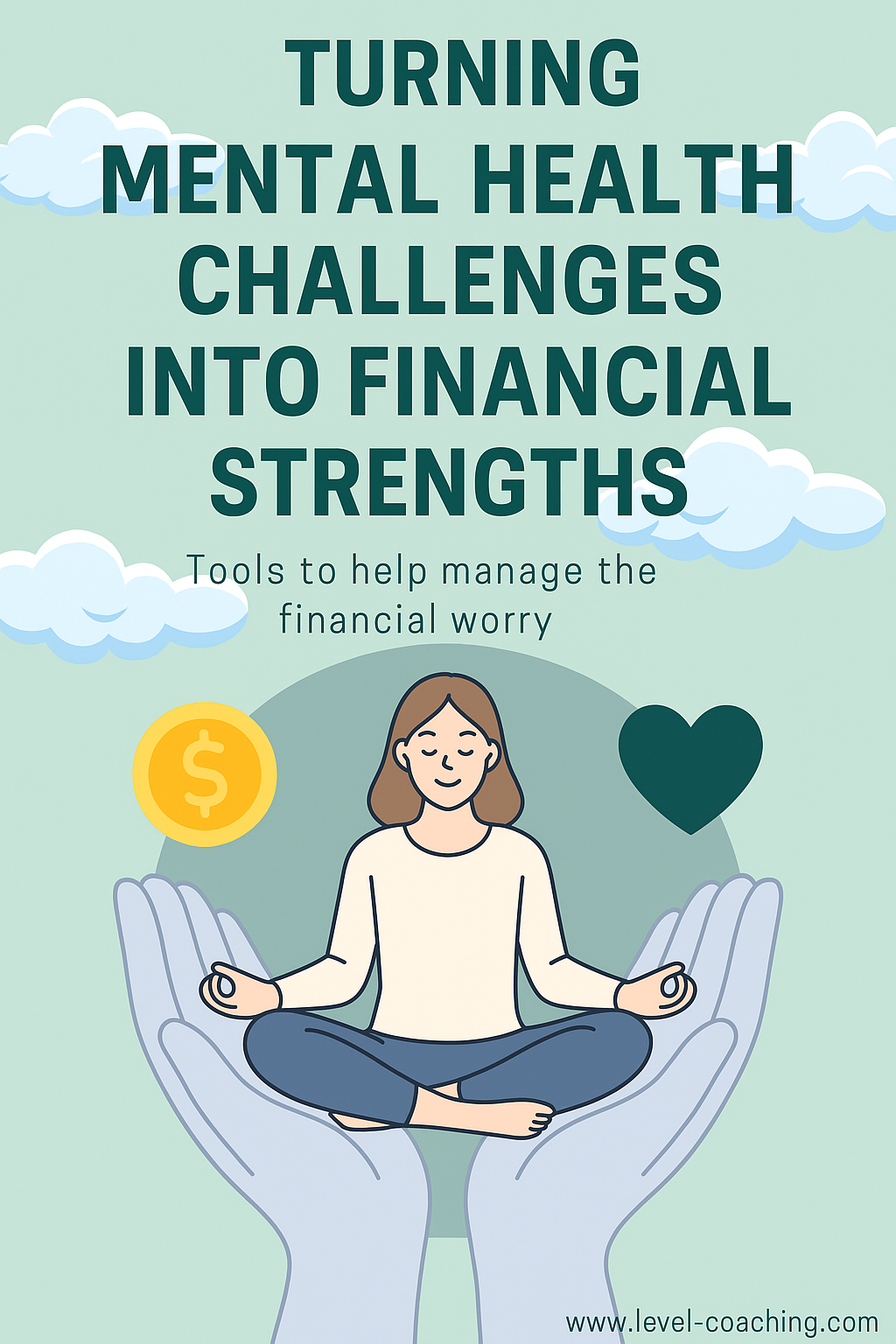Our Mental Health and Finances: Finding Balance in the Chaos

Money is one of the top stressors in people’s lives, and when you combine it with mental health challenges like ADHD, ADD, or anxiety, it can feel overwhelming. But while it may be harder, it’s not impossible. With the right mindset, tools, and strategies, you can learn to work with your brain instead of against it, and turn struggles into strengths.
When ADHD/ADD Meets Finances
For those living with ADHD or ADD, keeping track of bills, budgets, and long-term goals can be daunting. Deadlines may slip, spending may happen impulsively, and the details required for financial planning can feel exhausting.
But here’s the good news: many of the traits that make ADHD challenging can also be powerful financial tools—if redirected.
Tips for Success:
- Leverage Hyperfocus: Turn hyperfocus into your financial superpower by setting aside dedicated time (with timers or reminders) to review your budget, track spending, or compare options.
- Automate Everything Possible: Automating bill payments, savings transfers, and reminders takes the pressure off and minimizes the chance of forgetting.
- Break Goals into Bite-Sized Pieces: Instead of aiming to “pay off all debt,” focus on one account at a time. ADHD brains thrive on clear wins.
- Make it Visual: Use charts, trackers, or even sticky notes to make progress visible. Seeing your achievements can spark motivation and momentum.
Anxiety, Debt, and the Danger of Avoidance
Anxiety often shows up when dealing with debt. The fear of opening statements, checking balances, or answering calls can lead to avoidance. Unfortunately, avoidance compounds the problem—late fees pile up, interest grows, and the stress worsens.
How to Manage the Worry:
- Name It to Tame It: Write down your specific money worries. “I’m scared I’ll never pay this off” is less overwhelming when it’s on paper than when it’s spinning endlessly in your mind.
- Set “Worry Time”: Give yourself 10–15 minutes a day to think about your money concerns, journal them, or make a plan. Outside of that time, redirect your focus to something positive.
- Practice Small Exposures: Instead of forcing yourself to face everything at once, try opening just one bill or logging into your bank account once a week. Build tolerance in small steps.
Pair Action with Support: Call a trusted friend, join a coaching session, or play your favorite calming playlist while you tackle financial tasks. This makes the process feel safer and less lonely.
Turning Mental Health Challenges Into Financial Strengths
The key is not trying to become a completely different person—it’s about aligning your financial habits with how your brain and emotions work.
- Structure for ADHD: Systems, apps, and automation reduce friction.
- Soothing for Anxiety: Pair stressful money tasks with calming rituals.
- Reframing for Both: Celebrate small wins. Every bill paid, every dollar saved, every step forward deserves acknowledgment.
At Level Coaching, we believe financial wellness and mental health are inseparable. When you create habits that support both, you not only make progress with money—you also reclaim peace of mind.
✨ Takeaway: Whether you’re battling ADHD distractions, the weight of anxiety, or a cycle of avoidance, remember this: your financial goals are possible. With tools, support, and self-compassion, you can turn today’s challenges into tomorrow’s victories.
Written by Nichole Olds,
August 2025









Responses